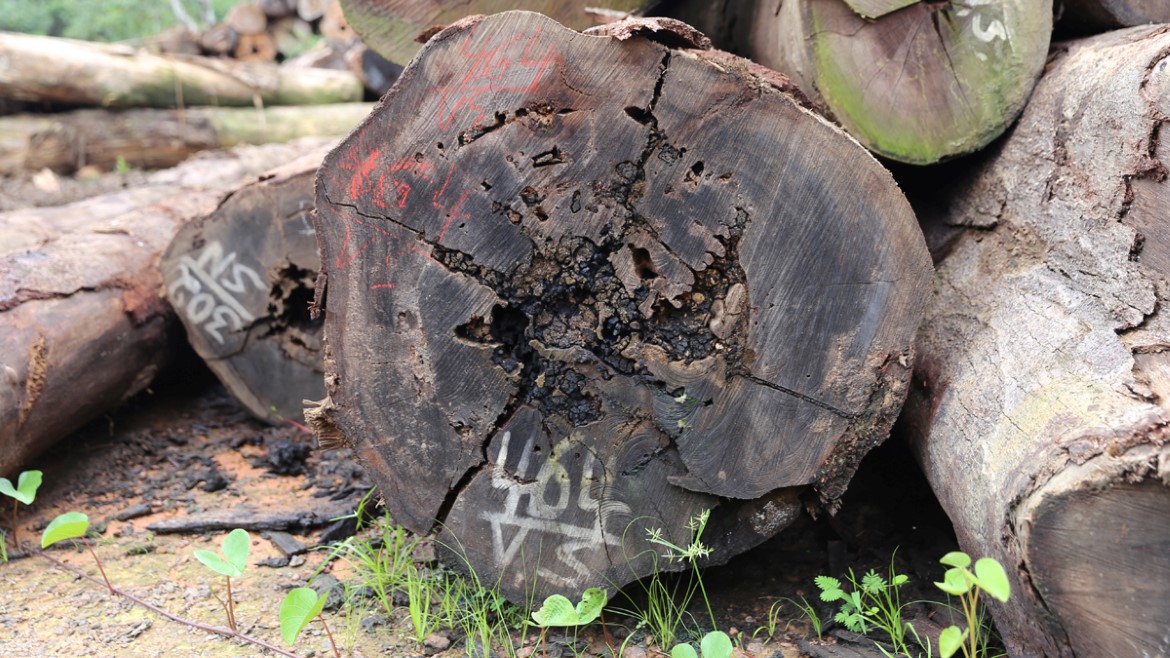
Integrating REDD+ objectives in investment decisions
Organization
AidenvironmentWhy
Tropical deforestation is a major source of global carbon emissions, and 71 percent of that forest destruction is driven by commodity agriculture – mostly soy, cattle, timber and palm oil.
The increased demand from global population growth has supported high prices for these commodities and generated large corporate profits.
Yet commodity producers face significant financial risks from not accurately incorporating sustainability risks into their business models, leading to inefficient land-use and very high carbon emissions.
If the finance community is informed of these risks through credible, dispassionate analysis, they can be a powerful force for ending deforestation. That is what Chain Reaction Research is designed to do.
What
Budget
Norad intends to offer NOK NOK 68, 5 million in total for the period 2016-2020
The Chain Reaction Research partners bring together experience across the commodity sector, from supply chains to financial instruments, to have a targeted intervention where it can have the largest impact: we follow the money, and seek to disrupt and transform the finance community that makes commodity deforestation possible.
On-the-ground research conducted by Aidenvironment identifies sustainability risks such as contested land, deforestation, fires, exploitation, and inconsistencies in official corporate policies.
Profundo then develops financial models analysing the financial risks inherent in these sustainability risks.
Green Century Funds provide the perspective and reach of socially conscious investors, and Climate Advisers provides financial commentary, editorial guidance and outreach to global financial professionals.
Expected results
Because of Chain Reaction Research, institutional investors will gain access to quality information about financial and sustainability risks inherent in tropical commodity supply chains.
These actors will be forced to properly value such investments, often for the first time, and many may become advocates for change themselves.
Through over 40 reports and on-going outreach to analyst and portfolio manager communities, CRR will change the state of play across the commodity finance sector.
In 2018, Norad was tasked with assessing an additional application from Aidenvironment.
An addendum totaling NOK 30 490 844 for the period 2018-2020 was signed on December 13th to support two new components of the project:
- Accelerating Data into Action: A Global Rapid-Response Deforestation Monitoring System
- Domestic Market Transformation: Promoting transparency, accountability and sustainability in the domestic palm oil industry of Indonesia
These new project components aim at achieving these outcomes:
- Commodity buyers and commodity producers named in the reports adopt NDPE policies or implement these if already available
- Regional/local financial institutions and banks who finance domestic palm oil producers and traders adopt and implement NDPE policies
- Domestic palm oil producers and traders adopt and implement NDPE policies
- Pertamina improves the implementation of its responsible sourcing policy
- Government takes relevant policy decisions to support responsible palm oil production for domestic markets
Partners:
Waxman Strategies, Sawit Watch, LinkAR Borneo, Yayasan PUSAKA, JPIK, Mighty Earth
Geographic location
Norad’s 2016-2020 funding allows the Chain Reaction Research project to expand beyond its original focus on the SE Asian palm oil sector to cover commodities driving deforestation in Brazil, Ecuador, Colombia, Peru, Democratic Republic of the Congo, and Liberia.
About the project descriptions
The project descriptions give insight in the NICFI portfolio for civil society organisations supported by Norad.
The descriptions presented are written by the project partners. Only minor edits have been undertaken by Norad. Their presentations and conclusions do not necessarily reflect the views of Norad.
